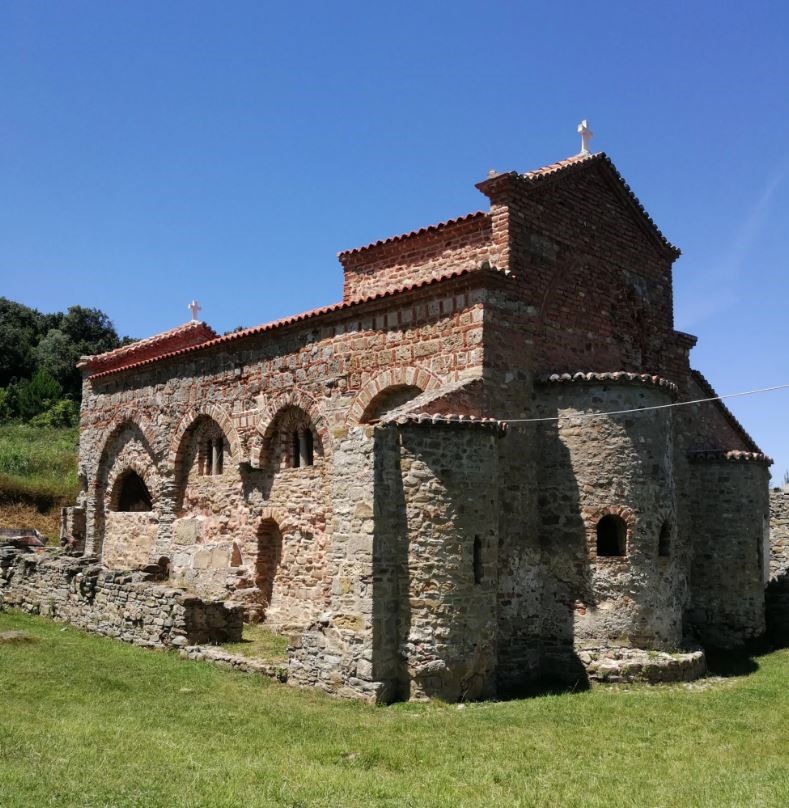Albania is now part of the pan-European assessment of the legal framework for climate, in the latest edition of CAN Europe (Climate Action Network Europe), published in November 2023, on the eve of COP28.
The Paris Agreement sets a global temperature target, leaving EU Member States a great deal of flexibility to stay below this threshold. Similarly, these states have leeway in deciding how to implement the emission reduction obligations at national level. Many countries therefore adopted climate change framework legislation to address the specific problems posed by climate change. These laws are also the best instrument for incorporating a climate neutrality target or date.
The growing number of European countries adopting national climate laws demonstrates a strong and growing consensus of the responsibility to achieve climate neutrality. However, according to the report published from CAN Europe, not all states have adopted national framework climate laws yet, and not all climate laws are equally strong.
Albania has ratified the Kigali Amendment to the Montreal Protocol, the Kyoto Protocol, and is a signatory to the Rio Convention on climate change. The recent approval of the Climate Change Law in 2020, is a significant step for our country.
Albania’s EU candidate status since 2014 has driven environmental reforms, emphasizing cross-sectorial coordination to tackle climate change. In 2022, REC Albania monitored the National Strategy for Climate Change and Action Plans 2020-2030, a pivotal document for Albania’s climate efforts. This document was approved in July 2019, in alignment with EU environmental and climate legislation. However, its implementation remains insufficient, and often serves as a mere formality, due to lack of administrative and financial capacities. The general opinion is that this is an outdated document, which does not support the country climate targets for 2030.
Albania aims for an overall emission reduction of 20.9%, from 2021 to 2030. Addressing Albania’s high vulnerability to extreme climate-related events, among the main measures of the Nationally Determined Contribution’s adaptation components includes adaptation measures for settlements, populations, and tourism on the Albanian coast.
Based on the stated goals in the Strategy’s National Adaption Plan, REC Albania drew to the following conclusions:
(i) The National Strategy for Climate Change (NSCC) must integrate mitigation measures, by a revision of the strategy, to achieve the objective of reducing emissions by 20.9% by 2030.
(ii) The Action Plan includes adaptation measures that may have already expired or need revision.
(iii) Three years after the approval of the NSCC, monitoring tools are still absent. This absence hinders the assessment and review of the strategy’s process, posing a challenge to periodic evaluations and necessary adjustments based on the implementation process and the country’s evolving needs.
(iv) The Inter-Ministerial Group for Climate Change has been inactive. The absence of this coordinating structure has resulted in fragmented interventions and insufficient information exchange.
Civil Society Organizations (CSOs) have played a key role in disseminating public information and raising awareness. Even though there is a lack of data, it is worth acknowledging a notable rise in public awareness about climate issues. Meaningful public participation processes are needed in discussing legal development, as well as on monitoring and planning processes for the implementation of climate and energy related strategies and action plans.
In the battle against climate change, CAN Europe is a unique network, with active NGOs from 38 European countries, that promotes sustainable climate, energy and development policies throughout Europe. REC Albania is an active member of this network since 2021.





